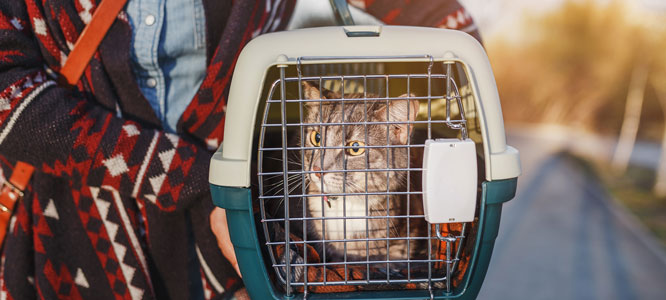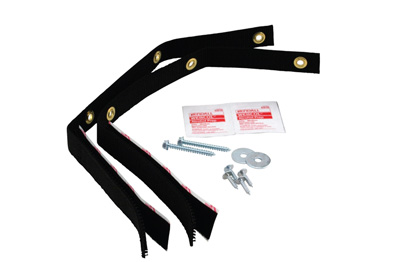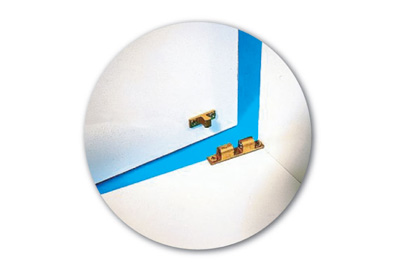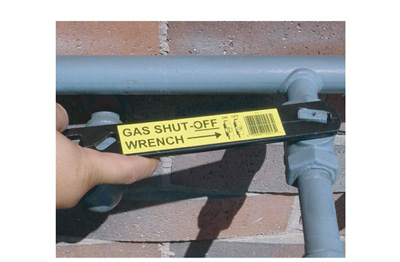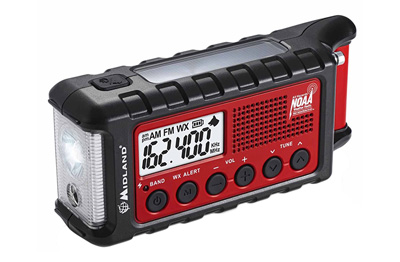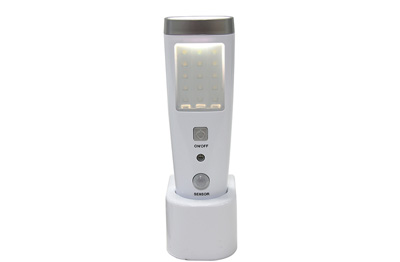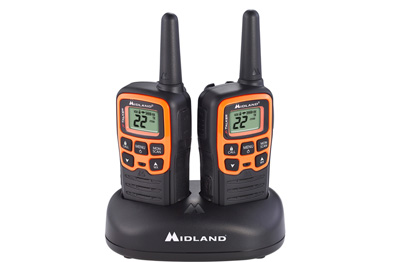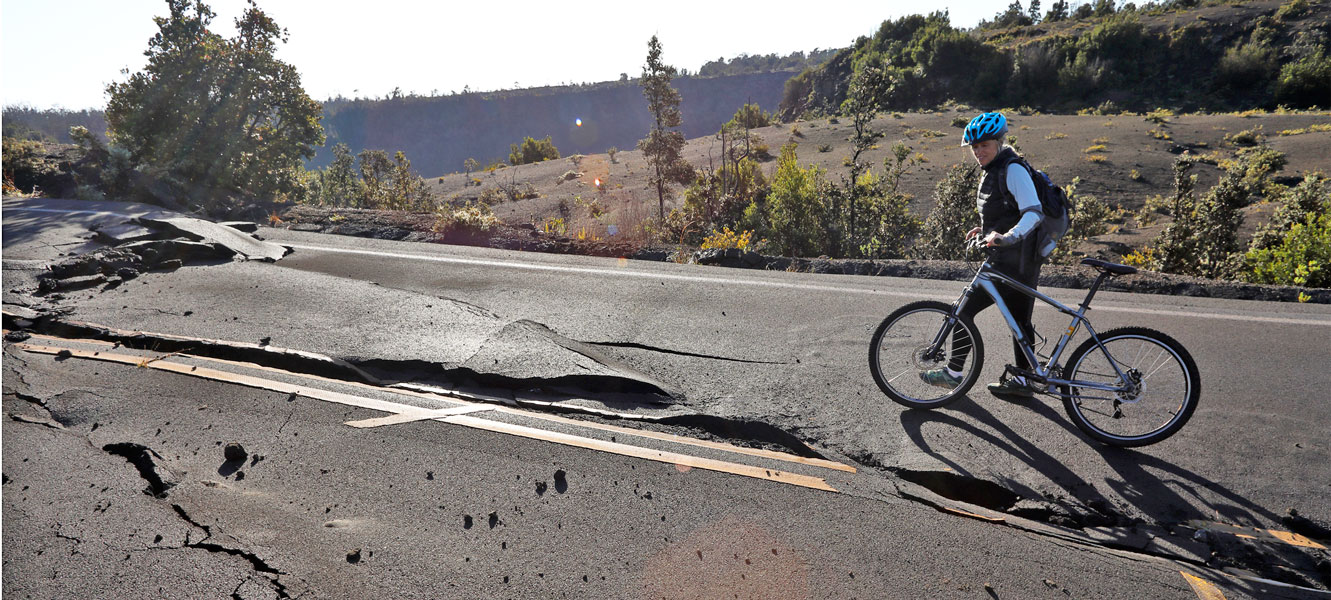
How to Stay Safe During and After an EarthquakeTuesday, March 9, 2021 While minor earthquakes occur deep beneath our feet every day, earthquakes we can feel are much less common. But major earthquakes can create a major emergency. Most major earthquakes happen along the edge of oceanic and continental plates. In the United States, most earthquakes occur in Alaska, California, and other western states. But it's possible to experience an earthquake anywhere. So if you live in these locations, the risk of earthquakes is higher. Whether you live in an earthquake hotspot or you're preparing for every disaster possible, we've come up with earthquake safety tips you should follow to remain out of harm's way both during and after an earthquake. Earthquake PreparednessYou can't stop earthquakes, but you can take some earthquake safety precautions. If you live in an area that expects earthquakes regularly, it can be a good idea to consult a professional to learn how to make your home sturdier to reduce earthquake damage to your premises. Bolting tall furniture like bookcases to wall studs, securing heavy furniture and other heavy objects, installing latches on cupboards, and securing your water heater won’t only save your property and personal belongings, but it’ll also help ensure your personal safety. You can also try museum putty to secure breakable items. When potential debris and falling objects are secured (especially heavy items), you reduce the likelihood of injury and increase earthquake safety for yourself and your family. Getting PreparedThink ahead of time about where you'll go if shaking begins while you're at home. It should be in a room where nothing is likely to fall on you. Additionally, make sure you know how to turn off both your gas and water lines in case there is a leak. Gas leaks can become very dangerous and cause severe damage. This is why it's so important to secure water heaters - since they're tall they're more likely to topple when exposed to rapid shaking. Do you keep gas tanks in your garage or shed? It's also important to properly store and secure flammable liquids. Leaking chemical or gas containers can lead to devastating fires. To keep your cool under the pressure, consider an earthquake drill. Have your earthquake emergency plan rehearsed so you're ready if and when a disaster strikes. Staying Safe During an Earthquake
If you find yourself at home when an earthquake begins, retreat to your safe room or drop down, take cover under a desk or sturdy table immediately to avoid falling debris, and hold on until the shaking stops. Stay put and stay indoors until the shaking stops and it's safe to leave.
Anticipating AftershocksRemember: Aftershocks are always a real possibility. Aftershocks can even cause more damage than the initial earthquake. Stay safe and sheltered until after the shaking stops and you're positive no more shaking will occur. Remember that sometimes a larger earthquake can occur after a smaller one. Staying Safe After an EarthquakeIn the case of a major earthquake, it’s possible to get stuck and stranded inside your own home. Some counties offer phone text alerts, but they won't give you enough time to assemble an emergency kit. In case you get stranded in your home, you should prepare an earthquake emergency kit ahead of time with: -non-perishable food, -an emergency water supply (at least one gallon of water per person in your home), -dust masks, -goggles, -flashlight, and -battery-operated radio. Downed power lines cause power outages that many times accompany an earthquake, so don't skip the extra batteries. If anything has collapsed, make sure to wear your mask and goggles, as well as quality shoes to protect your feet from broken glass. Use your emergency radio to monitor the overall situation in your area and receive the latest updates and instructions. Avoiding Immediate DangerDon't try to explore. Remain in a safe location. Remember that a strong earthquake - even moderate earthquakes - can cause many potential hazards. Water leaks can cause water damage, exposed electrical wiring can threaten electrocution, gas leaks can cause explosions, and exterior walls can buckle. Another common hazard is unsecured objects falling. Stay away from damaged buildings as they may still collapse from hidden structural damage, and don’t move injured people unless it's absolutely necessary to get them to safety. Instead, check your cell phone for a signal and make a phone call or send a text for help as soon as possible. While earthquakes can be scary, they’re not nearly as dangerous as many other natural disasters. With the right preparation and safety steps taken before and during an earthquake, you and your family have a high chance of surviving this natural disaster unharmed. |


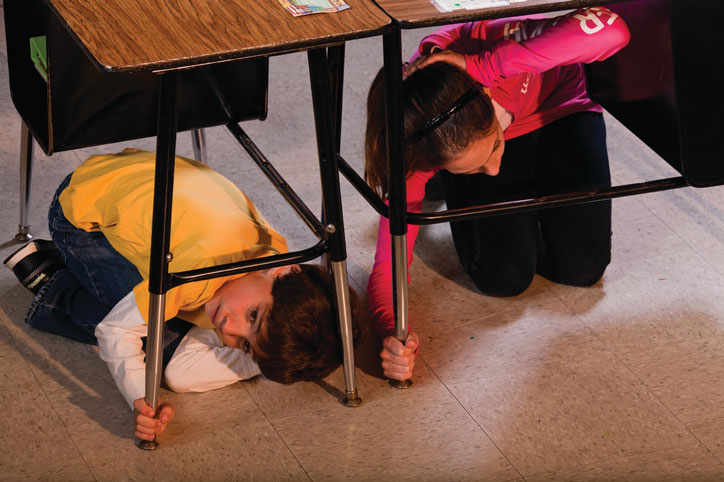 Make sure to keep away from windows and glass doors or anything that could fall on you. If you’re in a high-rise, don't be surprised if fire alarms and sprinklers go off during the quake.
If you’re outside when the earthquake starts, do your best to find a clear spot away from tall buildings, electric lines, gas lines, and even trees. This debris could cause serious injury. If you’re driving, slow down safely, drive to a clear place, set the parking brake, and stay inside the car until it stops shaking.
Make sure to keep away from windows and glass doors or anything that could fall on you. If you’re in a high-rise, don't be surprised if fire alarms and sprinklers go off during the quake.
If you’re outside when the earthquake starts, do your best to find a clear spot away from tall buildings, electric lines, gas lines, and even trees. This debris could cause serious injury. If you’re driving, slow down safely, drive to a clear place, set the parking brake, and stay inside the car until it stops shaking.

